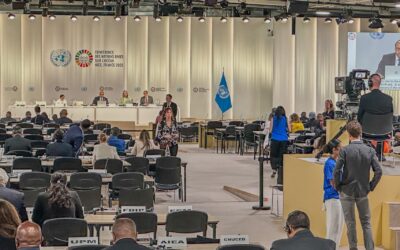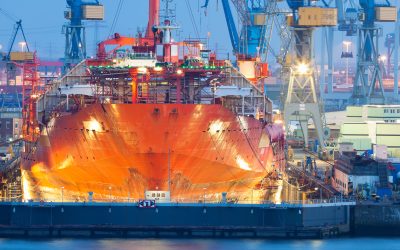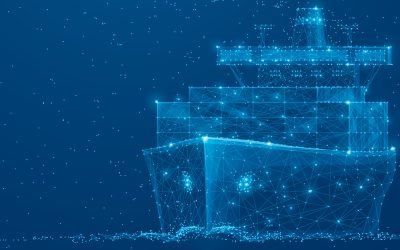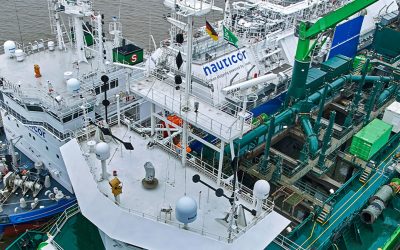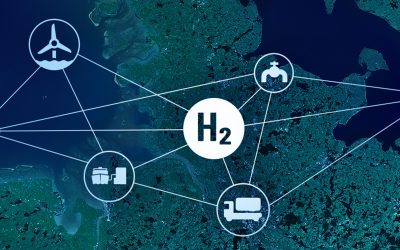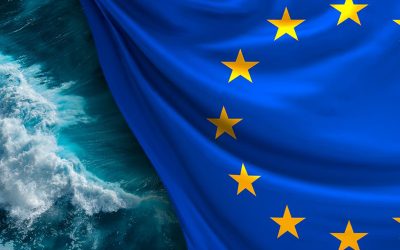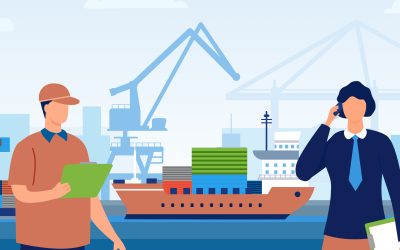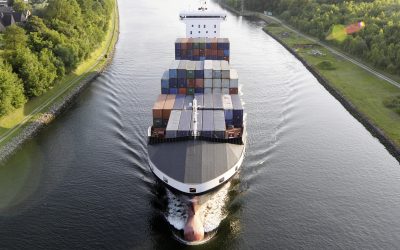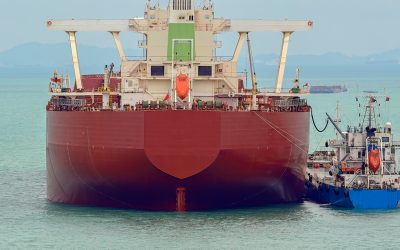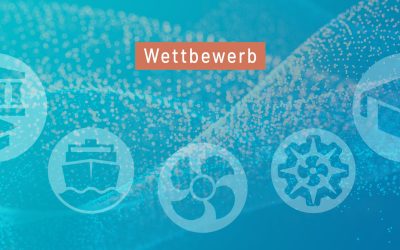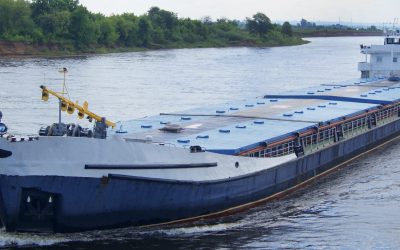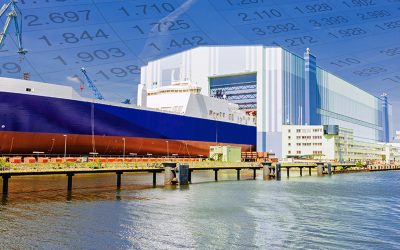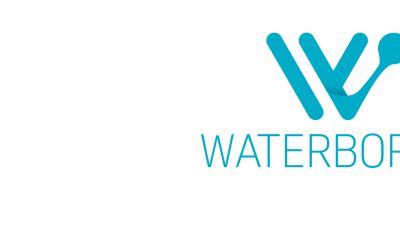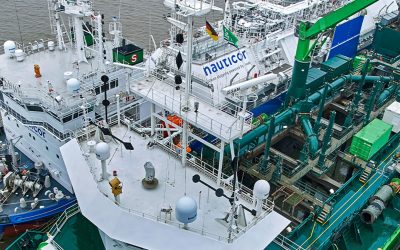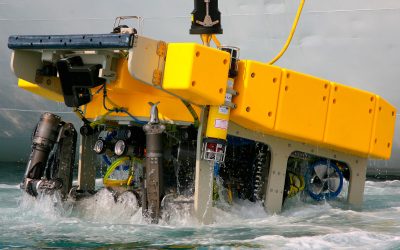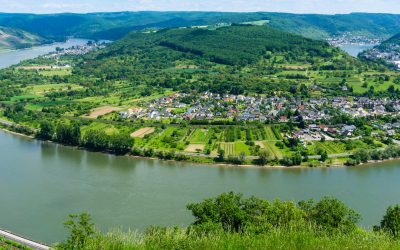
Dr. Regine Klose-Wolf
Head of Communications
Phone: +49 40 9999 698 - 51
E-Mail: Klose-Wolf[at]dmz-maritim.de
In spring 2019, the German Maritime Centre commissioned an expert report to examine the current provisions of German water law with a view to updating it. The aim of the expert report is to identify areas of water law in which user-friendliness can be optimised, planning and approval procedures accelerated and the competitiveness of the maritime location increased while maintaining high environmental standards.
The expert report examines the key water law provisions, in particular those concerning the management of surface and groundwater, wastewater disposal, handling of water-polluting substances, flood protection, water protection areas and water protection officers. Given the importance of water law, the results are not only relevant for the maritime sector, but also for other sectors, such as construction or agriculture. The national regulatory systems were examined in accordance with EU law.
Among the key recommendations of the report with regard to the maritime economy are:
1. Legally codify and develop the clarifications of the non-deterioration provision and the requirement for improvement
The expert report recommends that the case law of the German Federal Administrative Court and the European Court of Justice regarding the non-deterioration provision and the requirement for improvement should be legally codified in approval procedures (e.g. in building permits or planning approval processes for roads, railways or port facilities). This would increase user-friendliness and ensure more uniform and predictable legal enforcement. The term “deterioration” should be legally defined and it should be stipulated that negative changes in waterway status that cannot be measured or that only occur in the short term or only locally do not constitute deterioration. In addition, the EU legal framework also leaves room for certain further developments by legislators in Germany, such as a modest expansion of the exemption regulations and the introduction of a staged test procedure.
2. Specify and streamline requirements for the granting of permits under water law
It is recommended that the authorisation procedures for waterway use – for instance, for discharging into water bodies or the abstraction, impounding, lowering and discharge of water – be streamlined when existing permits and authorisations are extended and that a clearer distinction be drawn between these and other authorisation procedures. In addition, the specific conditions for the granting of the enhanced permits introduced under the Water Resources Act (Wasserhaushaltsgesetz or WHG) – which give waterway users a more secure legal position than a basic permit – should be specified.
3. Speed up and optimise planning approval procedures under water law
In order to accelerate approval procedures and to increase the acceptance of waterway development projects, the expert report recommends that public participation be carried out in purely electronic form, that consultation events be optional and that the appointment of project managers be possible. It should be possible to set a deadline prior to the approval decision as the relevant date for assessing the factual and legal situation.
4. Make requirements for the transhipment of water-hazardous substances practicable
The report recommends a clarification of the federal law privileging transhipment facilities. For example, facilities for loading and unloading ships should be subject to less stringent technical and operational requirements for the retention of water-hazardous substances. In addition, the report identifies the need for changes and clarification with regard to transhipment and intermodal transport facilities, i.e. facilities used for the transport of goods by two or more modes of transport. This involves reaching more precise specifications for the short-term transport-related interim storage of transhipment goods and (slightly) water-hazardous bulk goods as well as for the vehicular areas of the transhipment facilities, where only the transport vehicles such as trucks or freight trains manoeuvre.
5. Simplify planning law requirements for port facilities in flood plains
The expert report proposes extending the water management planning permission requirement to cover trimodal port facilities. This would increase planning certainty – for instance, for waterway-adjacent container terminals that are used for the reciprocal transhipment of goods between ships, freight trains and lorries – and at the same time reduce planning effort. In addition, the report proposes being able to use so-called retention basin accounts for construction measures in designated flood plains that negatively affect the intake volume of flood plains or discharge behaviour in flood situations. This would make it possible to award credits for earlier interventions with positive effects on the flood plains in the approval procedure.
The central recommendations of the expert report were discussed at a specialist event in June 2019 with experts from environmental and economic authorities, ministries, environmental groups and economic associations as well as from politics and industry. The results of the discussions were incorporated into the expert report.
The law firm Redeker Sellner Dahs was commissioned to prepare the expert report. The report (only in German) can be found here.

